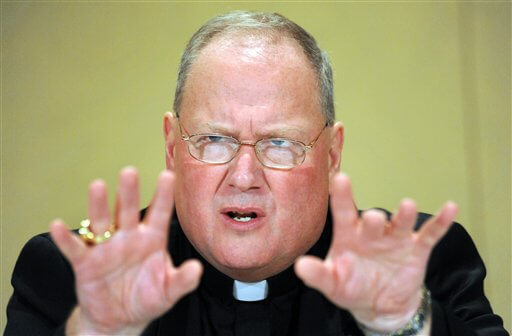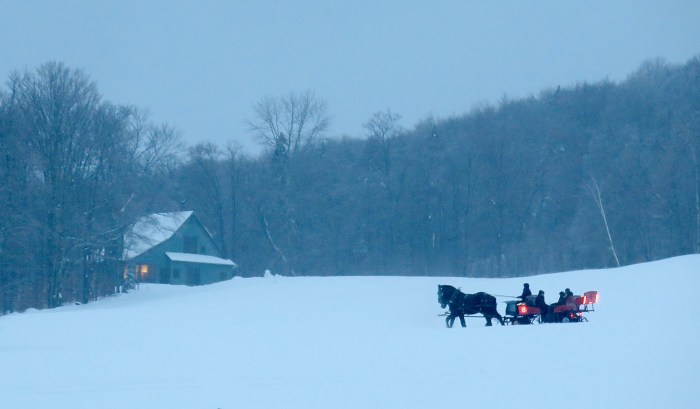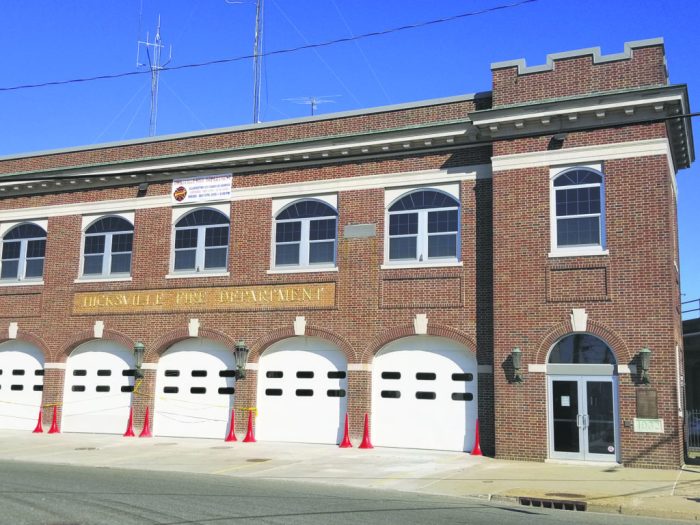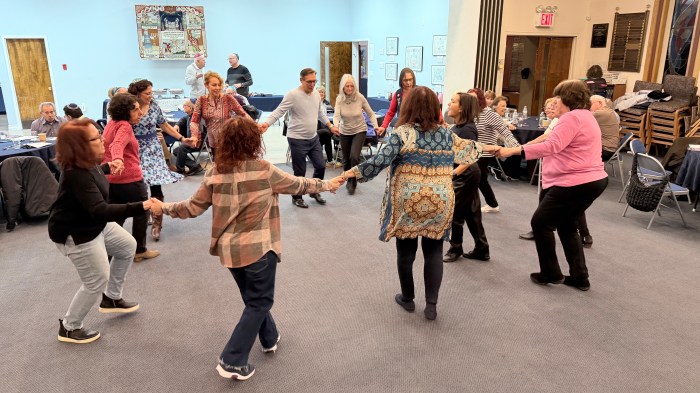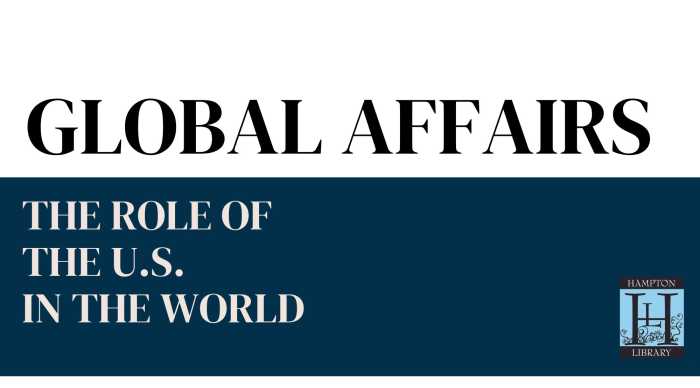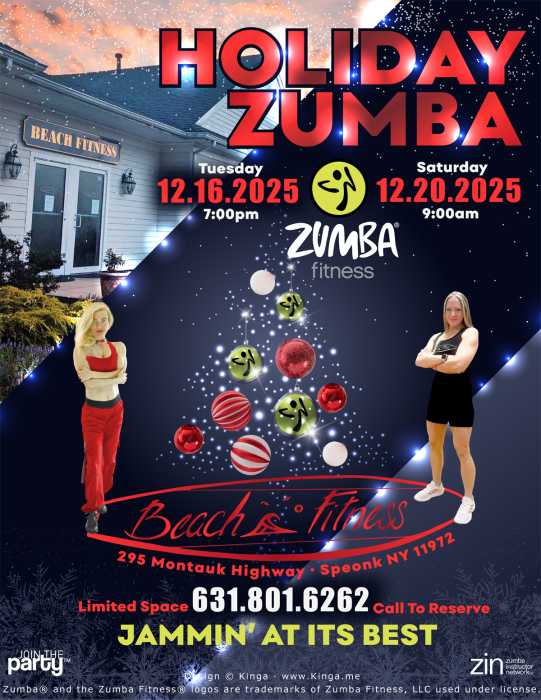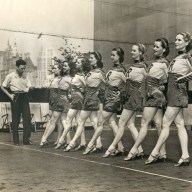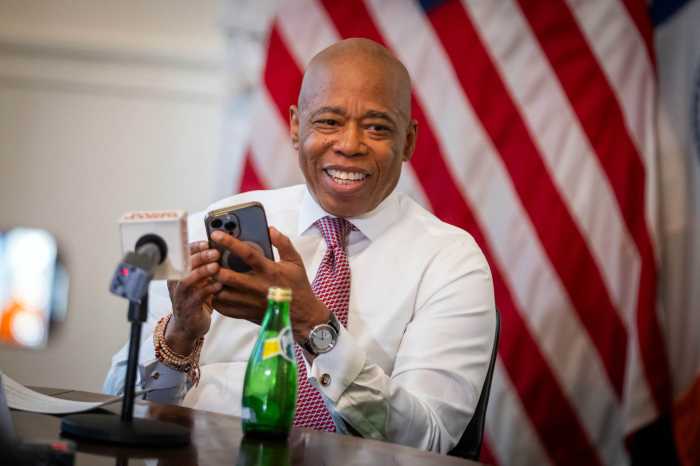
New York’s same-sex marriage debate was the toughest test yet for U.S. Roman Catholic bishops and their position that only heterosexuals should wed.
The outcome for the hierarchs was dismal. New York Archbishop Timothy Dolan was criticized — even by some sympathetic to Catholic teaching — for comparing the bill to the family policies of China. Brooklyn Bishop Nicholas DiMarzio was even more pointed, publishing photos of three Catholic lawmakers who said they would support the bill on the front of his diocesan newspaper under the headline, “Shame! Shame! Shame!”
Yet political observers say Dolan and the church can still have influence on issues like abortion and immigration issues — but not necessarily on gay marriage, which many rank-and file Catholics support.
“It’s a question of which particular issue and how they weigh in,” said Mark Silk, professor of religion in public life at Trinity College in Hartford, Conn. “A lot of Catholics really feel the force of the equality argument. People in the church have complicated feelings about this. They have gay relatives.”
Catholic leaders say they worked intensively against the bill, but were outspent and outmaneuvered by the other side. Legislators approved the New York bill last Friday and Gov. Andrew Cuomo, a Catholic who put the force of his office behind the measure, swiftly signed the measure into law.
The bishops and their representatives said they met repeatedly with lawmakers and mobilized a citizen lobbying network of more than 60,000 voters through the New York Catholic Conference, the bishops’ state public policy arm. The Brooklyn diocese organized a rally outside a district office of state Sen. Joseph Addabbo, a Catholic who said he supported the measure because he conducted polls to determine what his constituents wanted.
In March, Dolan and other New York bishops met privately with Cuomo. Dolan’s spokesman, Joseph Zwilling, would not release details of any further conversations between the archbishop and Cuomo. On the Monday before the vote, the bishops made a last-ditch appeal in a conference call to Dean Skelos, leader of the Senate’s Republican majority and an opponent of gay marriage, said Dennis Poust of the Catholic Conference. Skelos was deciding with Republican senators whether to bring the bill to the floor.
Dolan spoke publicly and wrote on his blog about the legislation. But during a critical week ahead of the vote, he was in the Seattle area for a national meeting of the U.S. Conference of Catholic Bishops — Dolan’s first such gathering as the group’s new president. When he returned, he preached on the issue from the pulpit of St. Patrick’s Cathedral at the Father’s Day Sunday Mass.
“We thought we could win and we tried our best,” Poust said. “I’m not sure we worked harder in my time here on defeating a bill as we did on this one, and I’ve been here 10 years.”
Church leaders strived to frame the debate in a way that it would not be perceived as only a Catholic issue. However, Catholics are the largest single religious group in the state, comprising about 37 percent of the population, and is the largest religious group in the country. New York Jewish leaders did lobby on the issue, but had strong groups on opposing sides. Liberal Protestant leaders either supported the bill or largely stayed out of the fray.
Paul Moses, a journalism professor at Brooklyn College and the City University of New York who spent more than two decades covering state politics and religion, said the bishops have a harder time making their case because Catholics born after the Second Vatican Council, which modernized the church in the 1960s, tend to evaluate what bishops say through their personal experience.
Moses said the bishops also hurt themselves with some of their rhetoric. A June Quinnipiac University poll found 58 percent of New York voters supported legalization of same-sex marriage — a figure Moses said had to include a significant number of Catholics given the composition of the state population.
“A pretty good percentage of them decided that same-sex marriage wasn’t going to destroy civilization in the way the bishops made it sound it would,” Moses said. “The bishops are more influential on abortion. That’s an area where more Catholics tend to agree with them.”
New York is the sixth — and by far the most populous — state to legalize same-sex marriage since Massachusetts led the way, under court order, in 2004. Gay rights advocates are predicting a big boost to their cause nationally. However, observers caution against making sweeping conclusions about whether Catholic bishops and their religious supporters can prevail in other states.
New York bishops are generally more moderate in their approach, which partly explains their strategies in recent months. While Dolan has spoken out forcefully on marriage, abortion and other issues, he has never joined U.S. bishops who have publicly denied Holy Communion to dissenting Catholic lawmakers in their own dioceses. Dolan prefers to maintain a dialogue with the legislators. There is no indication he has changed his position since the vote.
“Dolan’s cachet is as a communicator and evangelist, not necessarily a political heavyweight,” said John Allen, longtime Vatican correspondent for the National Catholic Reporter, an independent newspaper. “That’s part of the reason most Catholics see him as a reconciler.”
DiMarzio also hasn’t instructed clergy in his diocese to deny Communion to any legislator, the bishop’s spokesman said, despite growing pressure for church discipline for Cuomo from some conservative Catholics. But DiMarzio instructed Catholic schools and parishes in his diocese to refuse any honors bestowed by Cuomo or lawmakers who voted to legalize gay marriage. He also told them not to invite any state lawmaker to a parish or school event; it was, DiMarzio said, a protest against the state’s “corrupt political process.”
In an op-ed in the New York Daily News, DiMarzio suggested the lesson for bishops may be they should be more aggressive in their advocacy wherever gay marriage is proposed in the future.
“We have in part failed as the proponents of the historical understanding of marriage as that between a man and a woman precisely because we have sought to be sensitive to those who have same-sex attractions,” wrote DiMarzio, who helped draft the U.S. bishops’ national voting guide. “Perhaps we must now speak more forcefully and clearly.”
____
New York Catholic Conference: http://www.nyscatholic.org/
U.S. Conference of Catholic Bishops: http://www.usccb.org/
Copyright 2011 The Associated Press.




